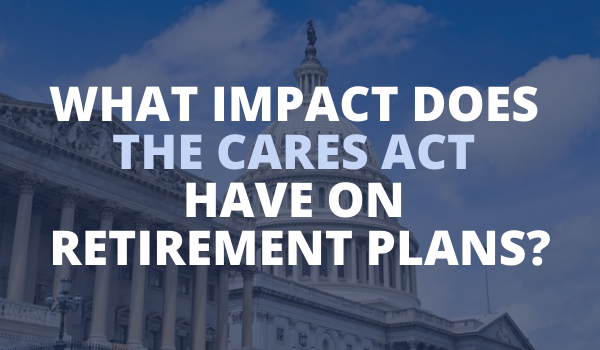On Friday, March 27, 2020, President Trump signed the Coronavirus Aid, Relief and Economic Security Act (“CARES Act”) into law. The CARES Act is a wide-ranging piece of legislation that impacts almost every aspect of American life. This article will discuss some of its effects on healthcare.
1. Covid-19 Testing
The Families First Coronavirus Response Act (“FFCRA”) requires group and individual health plans, whether fully-insured or self-insured, to cover the full cost of testing for the Coronavirus. The FFRCA eliminated deductibles, co-pays and coinsurance in connection with Coronavirus testing. The problem with the FFRCA was that it was limited to FDA-approved tests. The CARES Act expands the type of tests, which a health plan is required to cover to include tests that:
- have been submitted to the FDA for approval;
- have been developed or authorized by a state; or
- have been determined by the Department of Health and Human Services to be appropriate for the purpose.
2. Coverage of Covid-19 Vaccines
While the FFCRA requires that health plans cover the cost of testing for the Coronavirus, it does not require that health plans cover the cost of any item or service designed to prevent Covid-19, such as a vaccine. The CARES Act requires health plans to cover the full cost of any item or service that is intended to prevent or mitigate Covid-19 and that is:
- an evidence-based item or service that has a rating of A or B in the current recommendations of the U.S. Preventive Services Task Force; or
- an immunization that has a recommendation from the Advisory Committee on Immunization Practices of the Centers for Disease Control and Prevention with respect to the individual involved.
A health plan is required to cover the cost of such item or service 15 days after one of the foregoing conditions has been met.
3. Cost of Testing
The CARES Act sets the price that a health plan is required to pay for Covid-19 testing as:
- the price negotiated between the plan and provider; or
- if the plan and provider have not negotiated a price, then the price listed by the provider on its public website.
A provider can be charged a fine of $300 per day for failure to list the price on its public website.
4. High-Deductible Health Plans
The CARES Act provides that a high-deductible health plan can pay the full cost of telehealth services without cost-sharing, even if the participant has not met the plan’s deductible for the year. In addition, the participant can continue to fund an HSA. This provision is effective for plan years beginning before December 31, 2021.
The CARES Act is not likely to be the final piece of legislation enacted by Congress to fight the Coronavirus pandemic. We will keep you posted about future developments. If you have any questions about the CARES Act or how it impacts your health plan, please contact RMC Group.
![Coronavirus Aid, Relief and Economic Security Act [Technical Memorandum]](https://rmcgp.com/hubfs/Imported_Blog_Media/CARES-Act.png)

![Family First Coronavirus Response Act [Technical Memorandum]](https://rmcgp.com/hubfs/Imported_Blog_Media/business-table-scaled.jpg)
